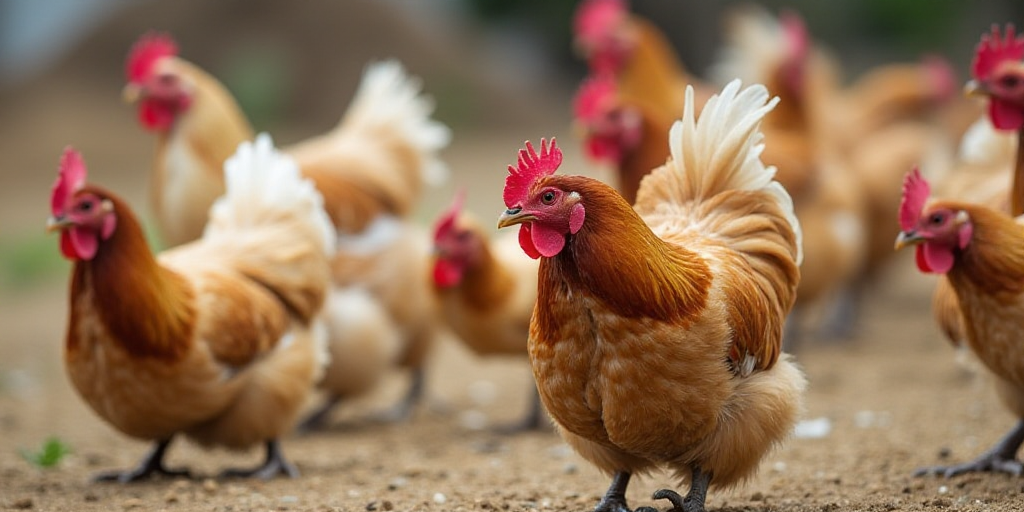Background on Key Players and Relevance
Brazil, the world’s leading exporter of poultry meat, has suspended exports to China, the European Union (EU), and Argentina following the detection of a high-pathogenic avian influenza (HPAI) outbreak in a commercial poultry farm in Montenegro, Rio Grande do Sul. China is Brazil’s primary export destination for poultry meat, accounting for over 562,000 tonnes in 2024, which is 10.89% of Brazil’s total poultry meat exports, as per data from the Brazilian Association of Protein Animals (ABPA).
Why This Matters
- Trade Relationship: Brazil and China have a strategic, albeit asymmetric, commercial partnership. China is Brazil’s top trading partner and primary destination for its exports, while Brazil is China’s ninth-largest trade partner and the largest source of its agricultural imports.
- EU’s Role: The EU purchased more than 231,000 tonnes of Brazilian poultry meat in the previous year, representing 4.49% of Brazil’s poultry meat exports.
- Global Impact: The suspension of poultry meat exports to these major markets highlights the significance of avian influenza outbreaks on international trade and food security.
Government Response and Measures Taken
Brazil’s Minister of Agriculture, Carlos Fávaro, announced the 60-day suspension of poultry meat exports to China, stating, “Starting today, China will not be purchasing Brazilian poultry meat for the next 60 days.” The ministry later clarified that export restrictions apply nationwide to comply with agreements with China and the EU.
Agro-veterinary authorities assured that containment and eradication measures are already underway.
Protocol-Based Export Suspensions
Minister Fávaro explained that the decision to suspend imports from China and the EU stems from an automatic suspension protocol in such situations. In contrast, other countries only restrict products originating from the affected region.
“The Brazilian system is so reliable and efficient that several countries have altered their protocols, knowing Brazil’s capability to control outbreaks. This is why trade restrictions remain limited to the affected region, unlike some countries that have not changed their protocols, such as China,” Fávaro stated.
Regional Response and Consumer Assurance
Rio Grande do Sul’s agro-veterinary authorities have implemented measures to “isolate and eliminate the focus,” according to Governor Eduardo Leite. He emphasized on social media that the public can continue consuming poultry and eggs “with complete safety.”
Key Questions and Answers
- What is the reason for Brazil’s poultry meat export suspension? The suspension is due to a high-pathogenic avian influenza (HPAI) outbreak in a commercial poultry farm in Montenegro, Rio Grande do Sul.
- Which countries are affected by the export suspension? China, the European Union (EU), and Argentina.
- Why were China and the EU chosen for export suspensions? The decision follows an automatic suspension protocol in response to avian influenza outbreaks. Other countries only restrict products from the affected region.
- How is Brazil addressing the avian influenza outbreak? Agro-veterinary authorities have initiated containment and eradication measures in the affected region, assuring the public of food safety.






